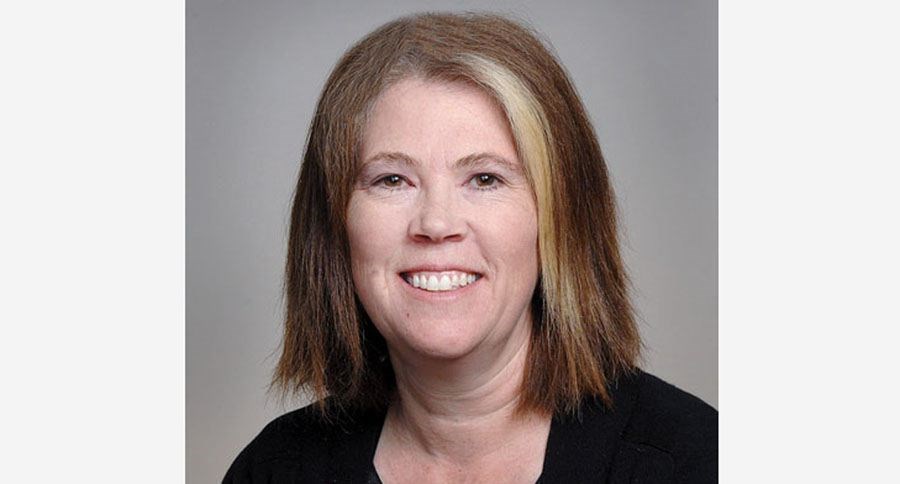Editor's Note: Gremlins kept us from running Tracy Summerville's column in Saturday's Citizen and we were so flustered, we ended up running Todd Whitcombe's column twice! Our apologies and here's Tracy's column:
I was so sad to see the news that Ben Meisner passed away this Thursday morning. In many ways he taught me how to be an academic speaking in the media. I was still in graduate school when I started at UNBC and I was not yet familiar with the range of activities that were required of academics. Certainly I had never been asked to appear on local radio. One day I got a call from Ben asking me if I would come on the show. I had appeared one other time with my colleague and at that time I had felt somewhat secure that if I got stuck I could look at to my colleague for support. This time, however, Ben asked me to come on my own.
I am not entirely sure what the theme was but I do distinctly remember that we got onto the topic of doctor compensation. Ben, in his usual way, was asking me tough questions. He wanted to know my personal opinion about how much money a doctor should make. I didn't take the bait, not because I didn't have an opinion but rather because my job, as a political scientist, was to lay out the evidence that would provide a basis for an opinion. So I said: "Well, remember that to become a doctor one must spend a long time studying and practicing in intern and residency positions. Doctors often do not start their career until later in life. Then there are the costs associated with running an office...." Then Ben said, "That's true...but what do you think is fair compensation?" Once again, I tried to take the evidence based position and before I got into much more evidence, Ben opened up the phone lines. The first caller said: "She doesn't know what she's talking about. She should get a job at Wendy's." And then they hung up. I must have looked stricken because Ben went straight to the next caller. "We could open up the International House of Waffle and Tracy could be the main dish," the caller said, obviously delighted by this hilarious comment. So now I was looking at Ben like a deer in the headlights. And then he did something I have never forgotten...he gave me a break..."Ok guys," he said, "take it easy." He shut down the phone lines and he changed the subject and we had a great interview.
Being a political commentator is interesting because pundits are now a big part of politics. The 24-hour news cycle puts a lot of pressure on news agencies to report a steady stream of analysis. Blogs, Twitter, and even the continuously updated websites of major news agencies have created a new context for political dialogue and for the potential for more democratic political processes. There is also a potential for getting lost in the glut of information or worse having the information repeated as a distorted message.
I was thinking about this when I saw the raw footage of the scrum interview with Senator Nancy Ruth. She had been cornered by reporters who wanted to know her feelings about the auditor general's investigation into expenses claimed by senators, including hers. She gave a lot of answers and tried to explain that she thought that the questions she had been asked were not really relevant to her Senate business. When pressed about her expenses and she said that "there are a couple times that my assistant put in for a breakfast when I was on a plane, and they say, I should have not claimed because I should have eaten that breakfast. Well those breakfasts are pretty awful... if you want ice cold Camembert and broken crackers." Well, as you can imagine, the "cold Camembert and crackers" quote hit the Twitter feed with a frenzy. Her comments, though, seen in the light of thoughtful analysis should have led us to see that she was saying: "If I am going to be travelling, even on public business, then I don't want cheese and crackers. I want a proper breakfast." Sometimes the fast and furious analysis is not the best analysis.
Ben knew that and I think that is why he shut the phone lines down that day.
Thank you, Ben. Rest in peace.



